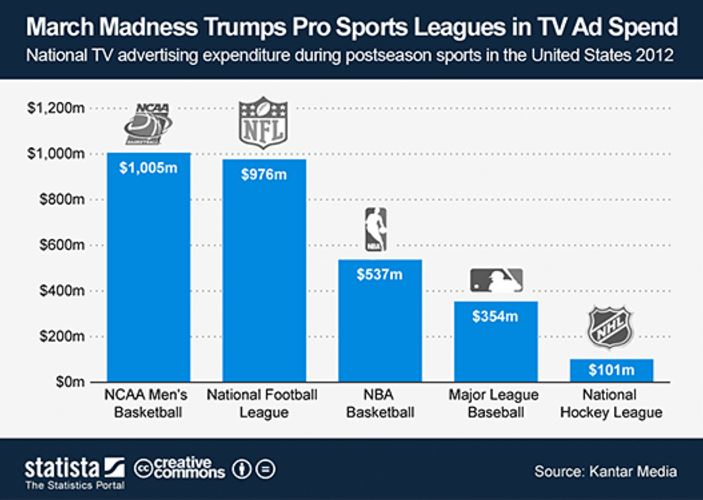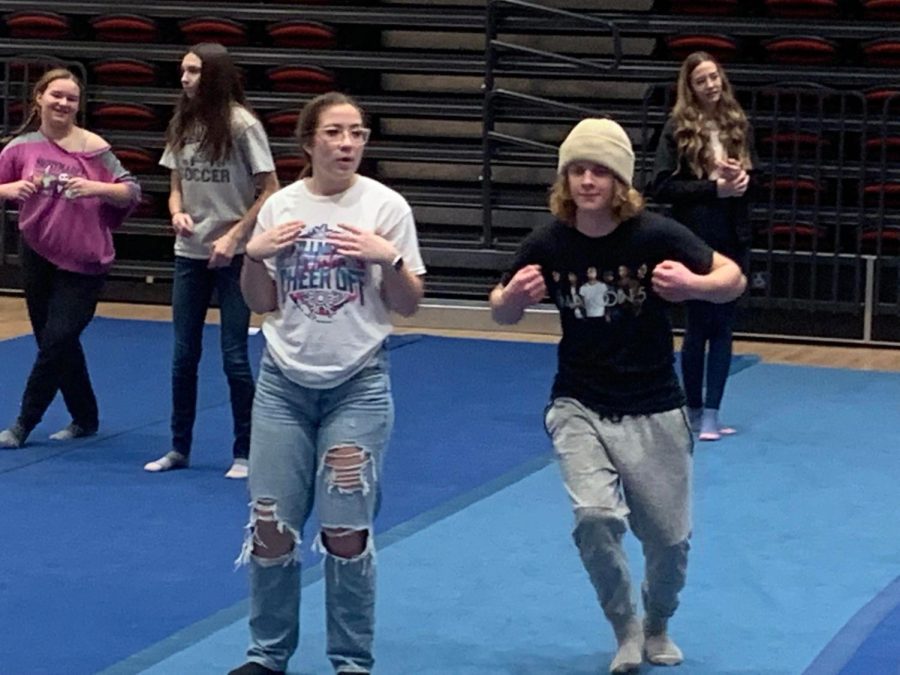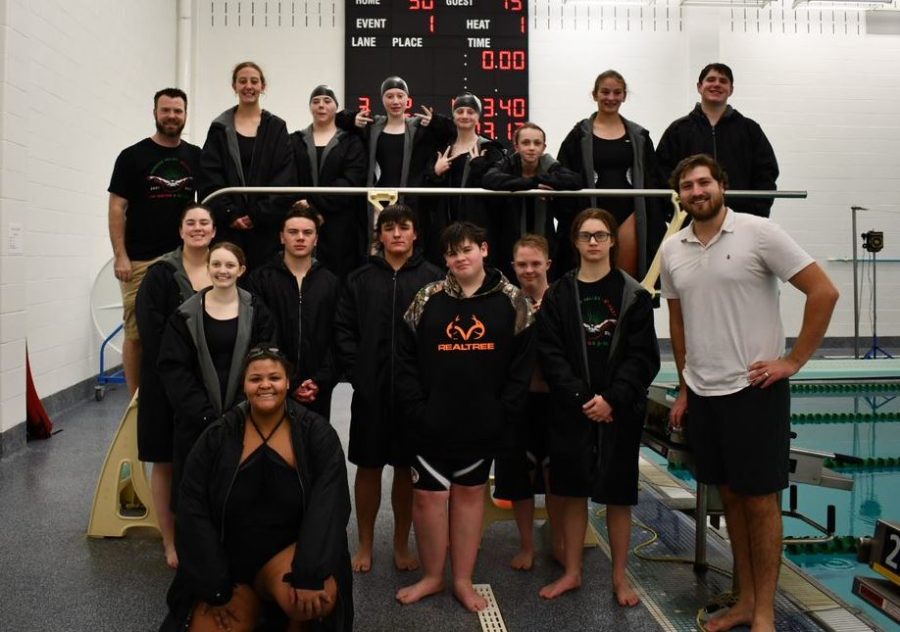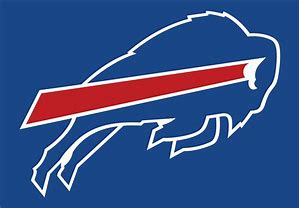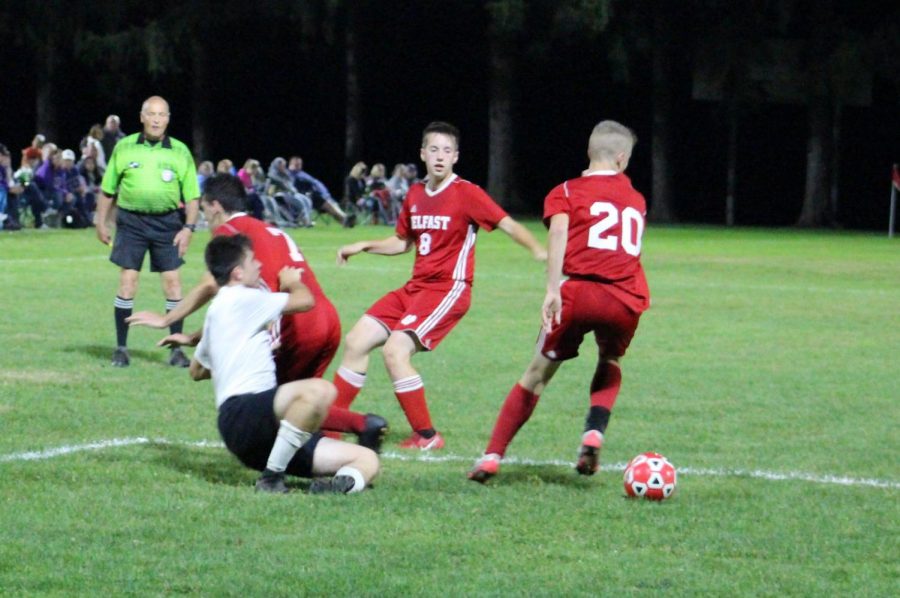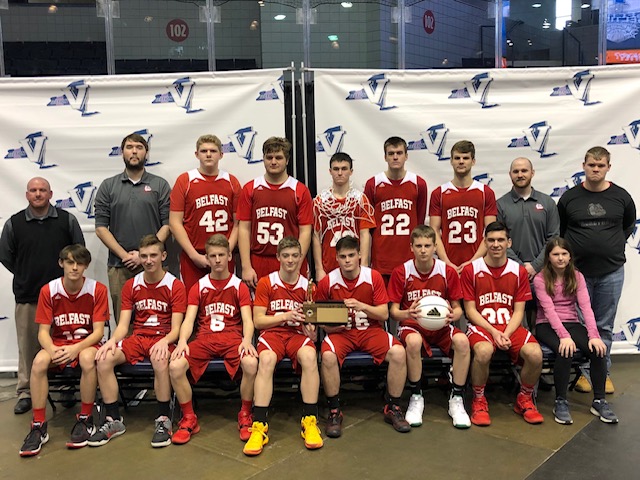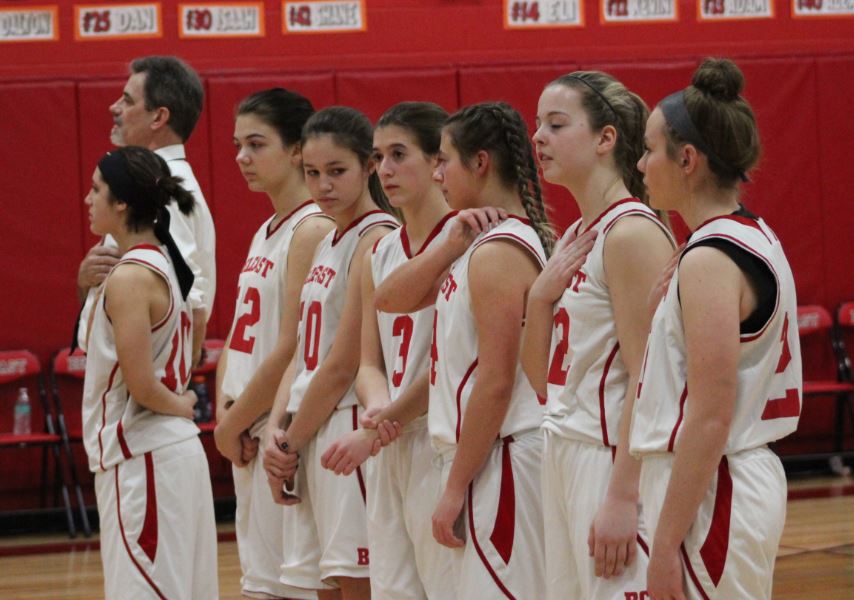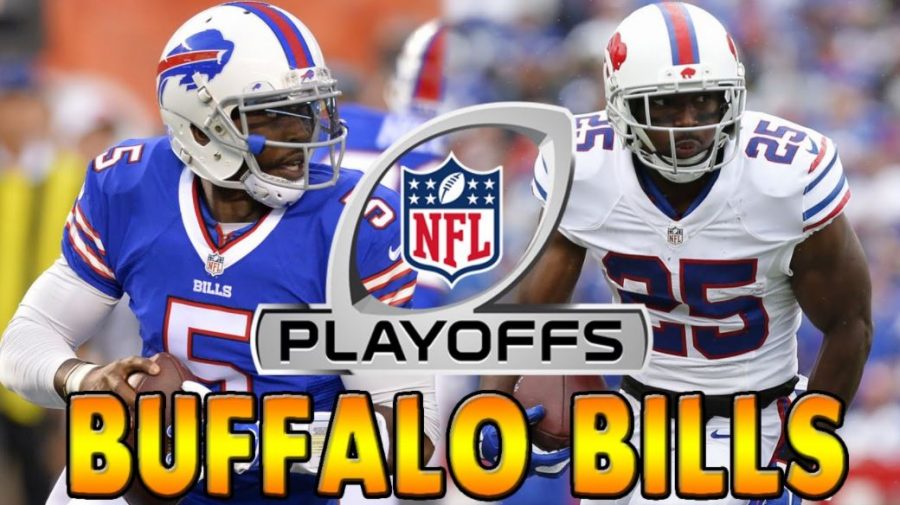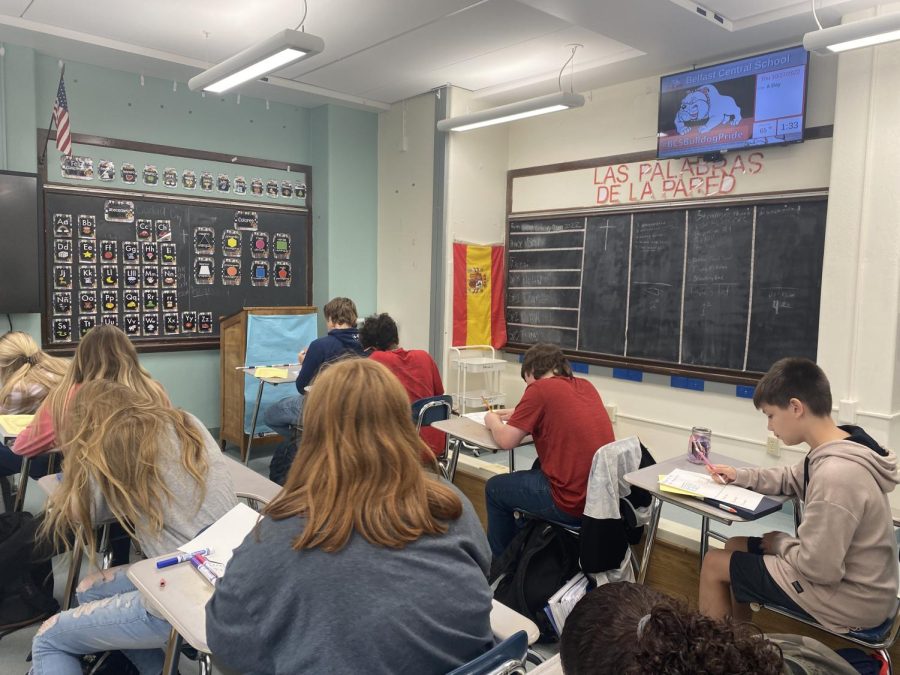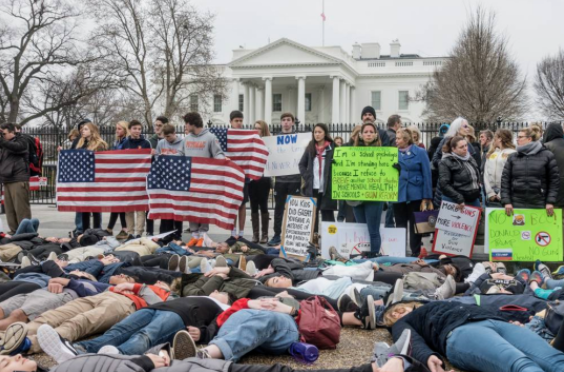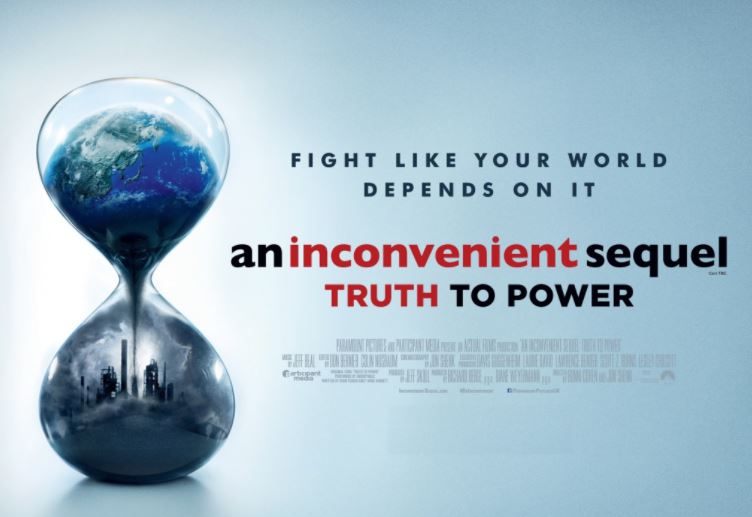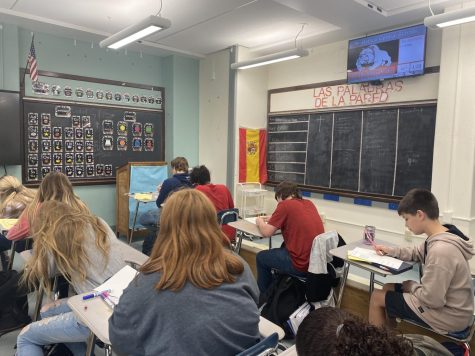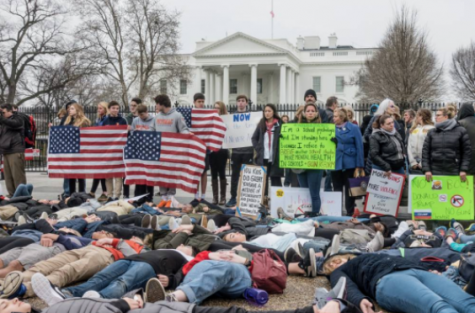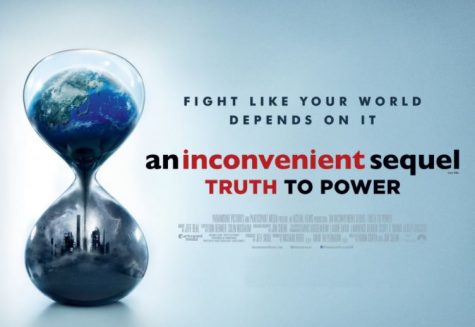Compensation for College Athletes
June 2, 2017
College sports is a huge business. The two biggest businesses, of course, are college basketball and football. Big programs like the University of North Carolina and the University of Kentucky bring in so much money from these sporting events. Unfortunately, the players get no reward whatsoever, even though they are basically the reason their school got all of that money. Student athletes are the slaves who get no pay for the work they do, and the NCAA is like the plantation owners who get all of the money. If you think about it, it is not fair at all to the athletes and their families. College athletes should definitely get paid for what they do night in and night out: they deserve the reward.
The fact that the NCAA, the schools, and the athletic conferences get all of the profit made at the hands of the players is completely wrong. For example, the UNC Men’s Basketball team won the national championship this spring and the school and conference got all of the rewards from it. The school then uses the money for scholarships, transportation, and athletic facilities. Also, the school sometimes uses the rewards on something that has nothing to do with athletics. The NCAA also makes a lot of money from college basketball. To be exact, the NCAA made $797.7 million from the rights to broadcast and market this year’s men’s basketball tournament. They also made $123.5 million from ticket sales during championship events in all of the NCAA sports. That is just from ticket sales alone (Parker). So even though the players did all of the training and hard work that made the money, they do not get any rewards.
There may even be inherent racism in the fact that athletes are not compensated. That is because many college athletes are black and almost all coaches and executives are white (Compensation). Many people complain about this racial difference that is unfortunate but true. Some people also question the NCAA’s claim of “students first, athletes second.” Their argument is that most athletes spend up to sixty hours a week practicing, which leaves very little time for studying. But there is no way the NCAA would cut practice time because the success of the athletes is what brings in most of the money the NCAA gets. A study published by CNN a few years ago showed that between seven and eighteen percent of college athletes are at an elementary school reading level. These athletes are going to college on athletic scholarships even though they cannot read.
People who believe that college athletes should be paid also argue that students in other areas such as music may get paid for what they do while they are still in college. They also say that giving college athletes money would most likely make them want to stay in school longer, instead of playing professionally or dropping out (Compensation). Keeping them in school longer will give them a better education, which is what the NCAA wants. But still the NCAA will not pay these athletes.
People against paying college athletes argue the principle of “amateurism.” They say that they are still amateurs and the NCAA has not payed them since the 1906 founding. Another argument for opponents is that these athletes do receive compensation for what they do. For example, some athletes get a full-ride scholarship that is worth up to $60,000. This keeps the student athletes out of student loan debt so they will not have to pay it off later down the road. These are good points but the fact of how much the athletes work cannot be ignored.
In conclusion, there are two sides of the argument for whether or not college athletes should be paid. Both sides have very clear and precise arguments to back up their points of view. I am a believer in compensation for college athletes just because of all the work they do on and off the playing surface. Former college athletes have tried suing the NCAA about this issue but none have worked. Only time will tell the future of this subject: hopefully these hard-working student athletes get what they deserve…money.
Works Cited
“Compensation for College Athletes.” Opposing Viewpoints Online Collection, Gale, 2016.
Opposing Viewpoints in Context
Kesselring, Colt. “How Much Money Each NCAA Tournament Team Earned for Their
Conference.” HERO Sports. HERO Sports, 17 Mar. 2016. Web. 17 May 2017.
Parker, Tim. “How Much Does the NCAA Make off March Madness?” Investopedia.
Investopedia, 13 Mar. 2017. Web. 17 May 2017.

